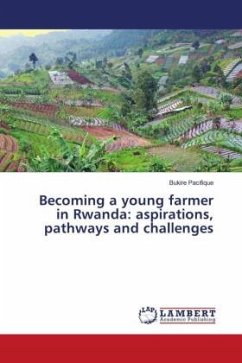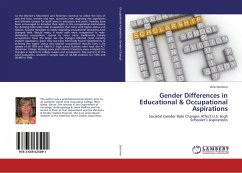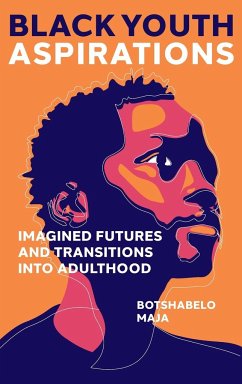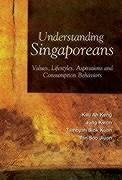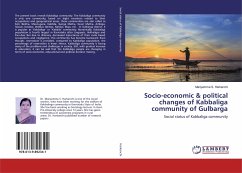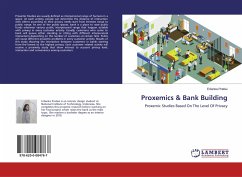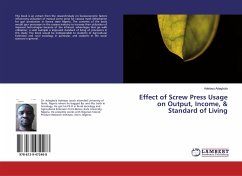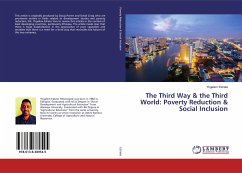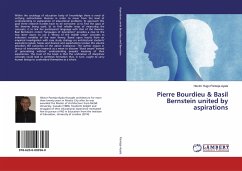
Pierre Bourdieu & Basil Bernstein united by aspirations
Versandkostenfrei!
Versandfertig in 6-10 Tagen
51,99 €
inkl. MwSt.

PAYBACK Punkte
26 °P sammeln!
Within the sociology of education body of knowledge there is need of unifying authoritative theories in order to move from the level of understanding to explanation of educational problems. To approach this goal three research hurdles have to be overcome: a) to find the gaps of the theories being used; b) to find reliable ways of measuring the concepts; c) to link the participants' language with that of the theories. Basil Bernstein's notion "languages of description" provides a clue to the two latter issues: to use a "theory of the middle range" concepts as indicators variables of the main th...
Within the sociology of education body of knowledge there is need of unifying authoritative theories in order to move from the level of understanding to explanation of educational problems. To approach this goal three research hurdles have to be overcome: a) to find the gaps of the theories being used; b) to find reliable ways of measuring the concepts; c) to link the participants' language with that of the theories. Basil Bernstein's notion "languages of description" provides a clue to the two latter issues: to use a "theory of the middle range" concepts as indicators variables of the main theory. Based upon results from an empirical investigation with case study strategy on architectural students' aspirations (goals, hopes and desires) and expectations (codes) this volume describes the outcomes of the above endeavour. The author argues in favour of interpretive research as a mean to discover "black swans" instead of generalising without understanding peoples' meaning of their experiences. The trust of the book is that the unification of disciplines' concepts could lead to synthesis formation that, in turn, ought to carry human beings to understand themselves as a whole.




